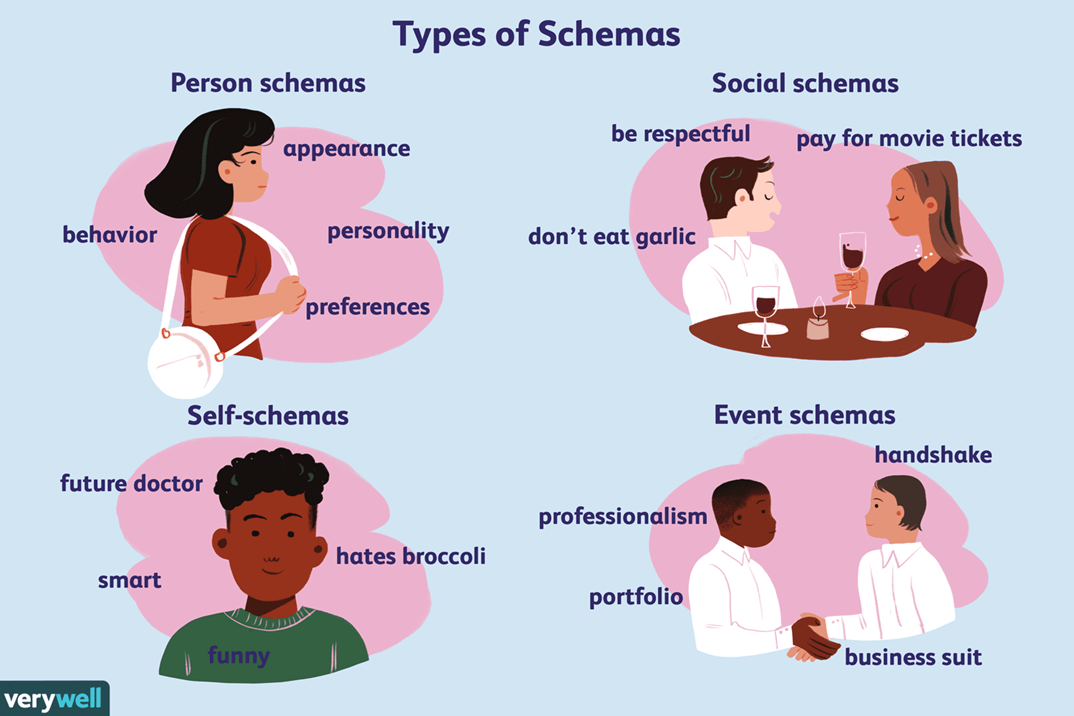A nurse is caring for a client who has dementia and is experiencing anticipatory grief. Which of the following actions should the nurse take?
Provide the client with a timeline for grieving.
Share personal stories of grief with the client.
Show sympathy for the client when discussing their condition.
Encourage the client to express their feelings.
The Correct Answer is D
Choice A reason:
The statement "Provide the client with a timeline for grieving" is not appropriate. Grieving is a highly individual process, and there is no set timeline for how long it should take. Providing a timeline can create unrealistic expectations and additional stress for the client.
Choice B reason:
The statement "Share personal stories of grief with the client" is not recommended. While sharing personal experiences can sometimes help build rapport, it can also shift the focus away from the client's needs and feelings. The primary goal should be to support the client in expressing their own emotions³.
Choice C reason:
The statement "Show sympathy for the client when discussing their condition" is well-intentioned but not the most effective approach. While showing sympathy is important, it is more beneficial to provide empathetic support that encourages the client to talk about their feelings and experiences.
Choice D reason:
The statement "Encourage the client to express their feelings" is the correct response. Encouraging the client to express their feelings helps them process their grief and can provide emotional relief. It is important to create a safe and supportive environment where the client feels comfortable sharing their emotions.
Nursing Test Bank
Naxlex Comprehensive Predictor Exams
Related Questions
Correct Answer is B
Explanation
Choice A reason:
The statement "Assertiveness training" is not typically recommended as a primary treatment for narcissistic personality disorder (NPD). While assertiveness training can help individuals develop better communication skills and self-confidence, it does not address the core issues of NPD, such as grandiosity, lack of empathy, and need for admiration.
Choice B reason:
The statement "Schema-focused therapy" is the correct response. Schema-focused therapy is a type of cognitive therapy that helps individuals identify and change deeply ingrained patterns or themes (schemas) that are dysfunctional. This therapy is particularly effective for personality disorders, including NPD, as it addresses the underlying cognitive and emotional patterns that contribute to the disorder.
Choice C reason:
The statement "Response prevention therapy" is not appropriate for NPD. Response prevention therapy is more commonly used for conditions like obsessive-compulsive disorder (OCD), where it helps individuals resist the urge to perform compulsive behaviors. It does not address the specific cognitive and emotional issues associated with NPD.
Choice D reason:
The statement "Cognitive behavioral therapy" (CBT) is beneficial for many mental health conditions, including NPD. CBT helps individuals recognize and change negative thought patterns and behaviors. However, while CBT can be helpful, schema-focused therapy is often more specifically tailored to address the complex and deep-seated issues seen in personality disorders like NPD.

Correct Answer is ["A","C","G","H"]
Explanation
Choice A: Client appears to be well-groomed.
Reason: Being well-groomed can indicate that the client is taking care of their personal hygiene and appearance, which is often a sign of improved mental health and self-esteem. This is particularly relevant for clients with anxiety or depression, as neglecting personal care can be a symptom of these conditions.
Choice B: Client’s current weight is 54 kg (119 lb).
Reason: The client’s weight has remained stable since admission (54.4 kg to 54 kg). While this indicates no further weight loss, it does not necessarily indicate an improvement in anxiety symptoms. Weight stability alone is not a direct indicator of mental health improvement.
Choice C: Client states they are sleeping 5 to 6 hours per night but having an occasional nightmare.
Reason: An increase in sleep duration from 3-4 hours to 5-6 hours per night suggests an improvement in the client’s sleep pattern, which is a positive sign in managing anxiety. Occasional nightmares are still present, but the overall increase in sleep is beneficial.
Choice D: Verbalizes decreased appetite and gastrointestinal discomfort.
Reason: Continued decreased appetite and gastrointestinal discomfort indicate ongoing anxiety symptoms. These are not signs of improvement and suggest that the client is still experiencing significant anxiety.
Choice E: Client states, “I feel anxious about leaving my house. I feel like everyone is staring at me and judging me.”
Reason: This statement reflects ongoing social anxiety and fear of judgment, indicating that the client is still struggling with anxiety symptoms. This is not an indicator of improvement.
Choice F: Verbalizes that bullying experienced during high school has led to anxiety.
Reason: Acknowledging the source of anxiety (bullying) is important for therapy, but it does not directly indicate an improvement in the client’s current anxiety symptoms.
Choice G: Client engages in thought-stopping behavioral therapy and cognitive restructuring.
Reason: Active participation in therapeutic techniques like thought-stopping and cognitive restructuring indicates that the client is engaging in strategies to manage and reduce anxiety. This is a positive sign of improvement.
Choice H: Client reports taking escitalopram 20 mg daily 2 hr after breakfast.
Reason: Consistent medication adherence is crucial for managing anxiety symptoms. The client’s regular intake of escitalopram suggests they are following their treatment plan, which is a positive indicator of improvement.
Whether you are a student looking to ace your exams or a practicing nurse seeking to enhance your expertise , our nursing education contents will empower you with the confidence and competence to make a difference in the lives of patients and become a respected leader in the healthcare field.
Visit Naxlex, invest in your future and unlock endless possibilities with our unparalleled nursing education contents today
Report Wrong Answer on the Current Question
Do you disagree with the answer? If yes, what is your expected answer? Explain.
Kindly be descriptive with the issue you are facing.
